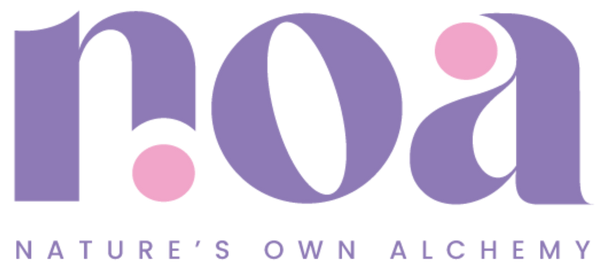We’ve all been told: “Drink more water to stay hydrated” And while that’s good advice, it’s only part of the truth. Many people drink 2–3 liters of water a day yet still feel tired, bloated, or have dry skin and brain fog. That’s because hydration and water intake are not the same thing.
Drinking water refers to the act of consuming fluids. Hydration, however, is the process of your cells absorbing and retaining that water, supported by electrolytes and balanced body systems. Simply chugging water won’t help if your body can’t hold onto it.
What Is True Hydration?
Hydration refers to how well water is absorbed and distributed across your body's tissues and cells. This is essential for:
- Regulating body temperature
- Digestive health
- Cognitive function
- Energy production
- Muscle recovery
- Nutrient transport
Without proper hydration, you can feel fatigued, irritable, or physically weak — even if you're drinking plenty of water.
Why Drinking Water Isn’t Enough
Plain water doesn’t contain electrolytes — minerals like sodium, potassium, magnesium, and calcium that help your body regulate fluid balance. Without electrolytes, much of the water you drink can be quickly excreted, leading to frequent urination and poor water retention.
In fact, overhydration from drinking too much plain water can dilute your body’s sodium levels, potentially leading to a dangerous condition called hyponatremia.
The Role of Electrolytes in Hydration
Electrolytes are charged minerals that support:
-
Water absorption in your intestines
-
Nerve and muscle function
-
pH balance in your blood
- Cellular osmosis — the movement of water in and out of your cells
For water to be pulled into and retained by your cells, there needs to be a sodium-potassium gradient — a balance of electrolytes both inside and outside of cells.
Without this, your body may struggle to hold on to fluids even if you're drinking enough.
Signs You’re Drinking Water but Not Hydrated
-
Clear urine and frequent urination
-
Headaches and brain fog
-
Muscle cramps or weakness
-
Fatigue and low energy
-
Dry skin and lips
-
Dizziness or low blood pressure
These symptoms often point to electrolyte imbalance or inefficient hydration, not just lack of fluid.
When Electrolytes Are Essential
While you don’t need electrolyte-enhanced drinks all the time, they are especially important:
-
After intense workouts or prolonged sweating
-
In hot and humid weather
-
During illness (vomiting, diarrhea, fever)
-
When following low-sodium or low-carb diets
-
For athletes or those with high physical activity
In these cases, water with added electrolytes can speed up absorption and improve hydration.
How to Hydrate More Effectively
Here are 7 easy ways to upgrade from just drinking water to staying truly hydrated:
1. Add Electrolytes to Your Water
Use natural options like a pinch of pink Himalayan salt and lemon juice or buy clean electrolyte mixes without sugar.
2. Eat Hydrating Foods
Fruits like watermelon, oranges, and vegetables like cucumber and spinach provide both water and minerals.
3. Monitor Your Urine Color
Pale yellow is ideal. Clear urine means overhydration, while dark yellow signals dehydration.
4. Time Your Water Intake
Sip water throughout the day rather than chugging large amounts at once, which can overwhelm your kidneys.
5. Rehydrate After Sweating
Drink electrolyte-enhanced fluids post-workout or after sun exposure to restore mineral loss.
6. Avoid Too Many Diuretics
Excessive caffeine, alcohol, and high-sugar sodas can deplete hydration levels quickly.
7. Focus on Gut Health
Your intestines are the gateway for hydration. Improve absorption with fiber, prebiotics, and probiotics for a healthy gut lining.
Final Thoughts
Drinking water is crucial — but for real, lasting hydration, your body needs electrolytes and absorption support. Hydration is about what stays in your cells, not what passes through.
If you want better skin, more energy, faster recovery, and clearer thinking — drink smarter, not just more. Start thinking of water as part of a hydration system that includes minerals, diet, and lifestyle.
🔗 References
- Harvard T.H. Chan School of Public Health – The Nutrition Source: Water
- Cleveland Clinic – Electrolytes: Importance & How They Work
- National Institutes of Health – Effects of Fluid Intake on Hydration Biomarkers
- Journal of the American College of Nutrition – Beverage Hydration Index
- British Medical Journal – Hyponatremia in Athletes
-
World Health Organization – Water Requirements, Impinging Factors, and Recommended Intakes

